The Bund
The Bund, located on the Huangpu river bank in Huangpu District, Shanghai, is Huangpu's historic beach. Since 1844, the Bund has been classified as a British concession, a true portrayal of Shanghai's Shiliyang Square, and the beginning of the old Shanghai concession and the whole modern city of Shanghai.
The Bund is 1.5 kilometers long. It runs from Yan'an East Road in the south to Waibaidu Bridge on Suzhou River in the north. It is the Huangpu River in the East and the concentration of financial and foreign trade institutions in old Shanghai in the west. After Shanghai became a commercial port, foreign banks, commercial banks, general associations and newspapers began to gather here, and the Bund became the financial center of the whole country and even the Far East. In August 1943, the Bund was returned to the Shanghai Public Concession by the Wang Puppet Kuomintang Government, ending a century-long period of concession. In the thirty-fourth year of the Republic of China (1945), the Bund had its official name Zhongshan East Road.
The Bund stands 52 classical revival buildings of different styles, known as the Bund World Architectural Expo, which is one of the most important historical sites and representative buildings in modern China and one of the landmarks of Shanghai. In November 1996, the State Council included it in the fourth batch of national key cultural relics protection units. Opposite the Bund is Lujiazui in Pudong, which is a symbol of China's reform and opening up and a microcosm of Shanghai's modernization drive.
In March 2018, Shanghai Bund started the function replacement work of the "second elevation" (i.e. non-river-facing Bund complex) simultaneously on the basis of promoting the function replacement of the "first elevation" (i.e. river-facing buildings).
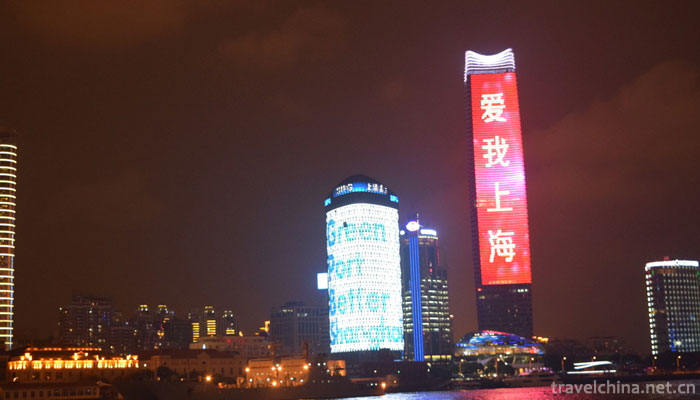
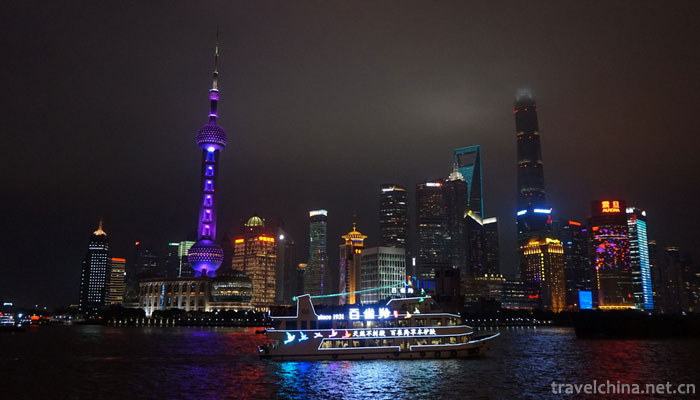
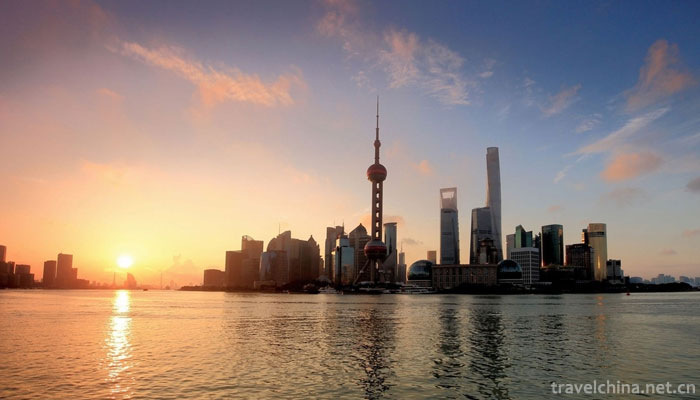
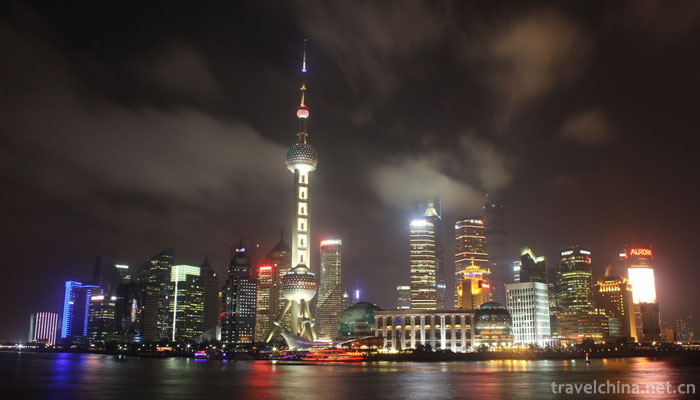
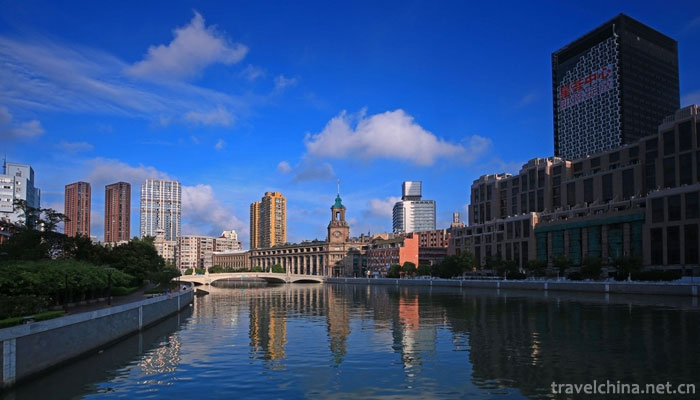
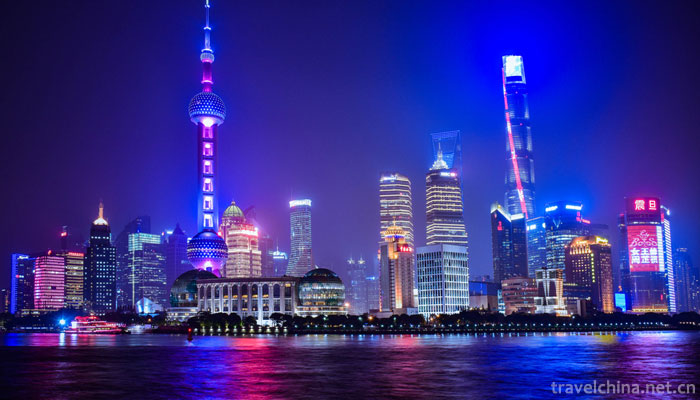
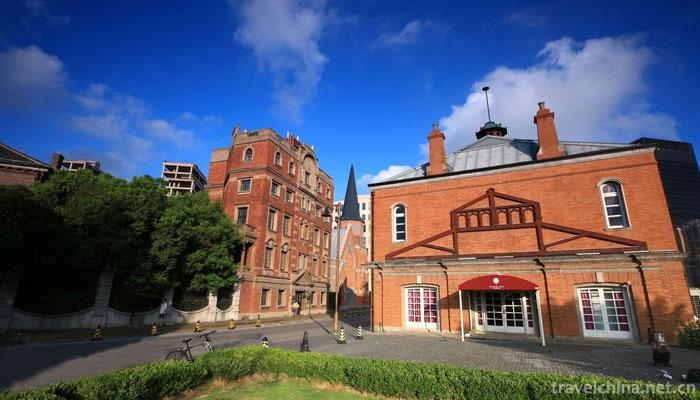
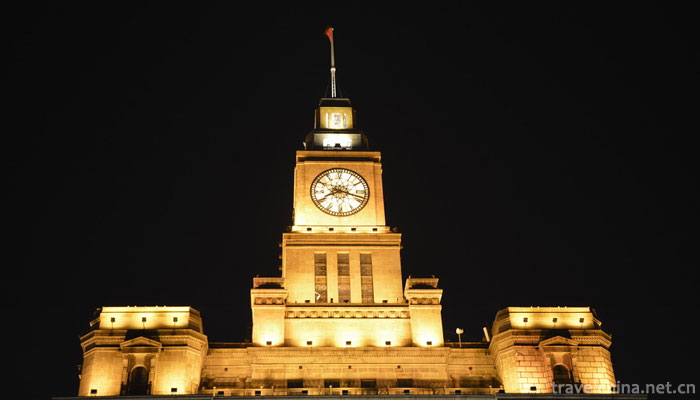
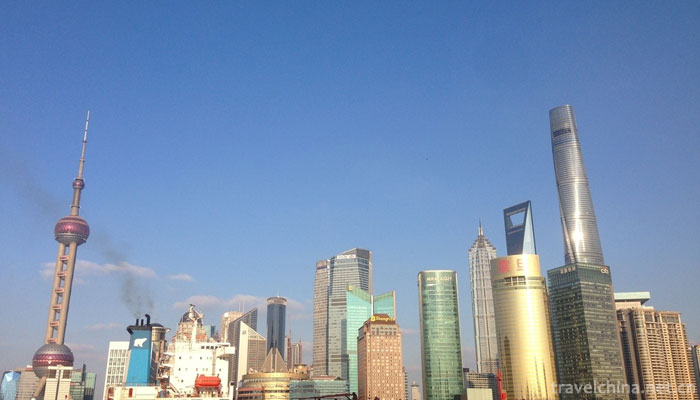
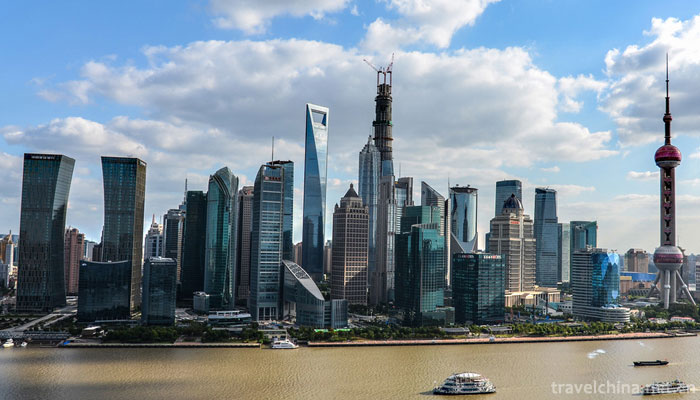
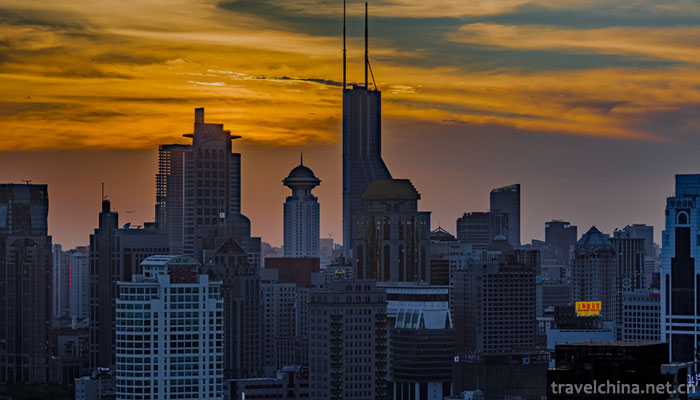
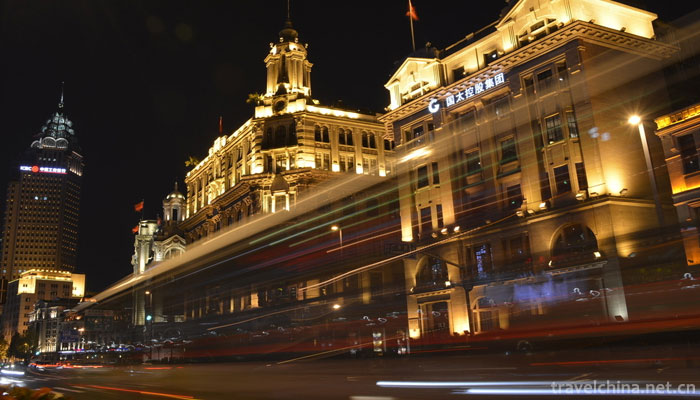
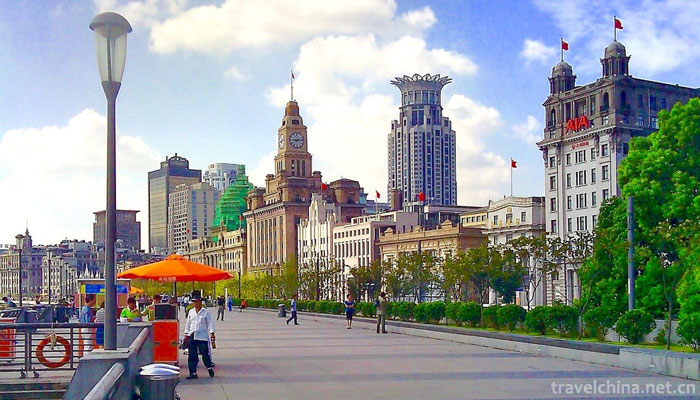
-
1.Linzhi Basongcuo Scenic Area
Basongtao, also known as Caogao Lake, means "green water" in Tibetan. It is about 18 kilometers long. Its surface area is about 27 square kilometers.
Time 2018-12-12 -
2.Yongquan Qicheng Great Wall Ecological Scenic Area
The Great Wall of Yongquan Qi is a quiet tourist scenic spot, located in Yongquan Village, Zihe Town, Zibo City, where Pu Songling lived in the southeast mountain area. Here the mountains are connecte
Time 2019-03-05 -
3.Legend of White Horse Dragging
The legend of white horse dragging rein is spread in Baima Temple in Jincheng, Shanxi Province. Baima Temple Mountain was originally named Sima Mountain
Time 2019-04-03 -
4.Brewing technology of soy sauce
Qian Wanlong soy sauce brewing technology is the traditional soy sauce brewing technology of Shanghai Bengang, and it is an ancient local traditional handicraft technology.
Time 2019-05-06 -
5.Achi Wood Scraping of Lisu Nationality
"Aqimuguo" is a kind of self-entertaining dance for the masses, which is spread in the upper reaches of the Cangjiang River with Yezhi Township as the center. Its characteristics are that it
Time 2019-06-17 -
6.Maogus Dance of Tujia Nationality in Western Hunan
Maogus Dance of Tujia Nationality in Western Hunan Province, the traditional dance of Tujia and Miao Autonomous Prefecture in Western Hunan Province, is one of the national intangible cultural heritag
Time 2019-07-06 -
7.Jade Carving in Yangzhou
Yangzhou has a long history of jade carving. Jade carving in Yangzhou reached a new peak in the Tang Dynasty, and carving and striping appeared in the Song Dynasty. During the Qianlong reign of the Qi
Time 2019-07-10 -
8.Yigou gou
"Yigou" is a traditional drama in Gaotang area of Shandong Province and one of the national intangible cultural heritages.
Time 2019-07-12 -
9.Encouragement of Sangzhi Battle
Sangzhi Bai people's fighting drum is mainly distributed in seven Bai villages and towns, such as Mahekou, Maidiping, Furong Bridge, Hongjiaguan, Zoumaping, Linxi River and Liu Jiaping. In other half
Time 2019-07-25 -
10.Advertising for rent
There are six advertising spaces for each article, first come, first served.
Time 2019-08-30 -
11.North Sichuan Medical College
North Sichuan Medical College is located in Nanchong City, a famous historical and cultural city in Sichuan Province and the birthplace of Three Kingdoms Culture. The school's predecessor was the Nort
Time 2019-08-31 -
12.Hu Xueyan
Hu Xueyan (1823-1885), Hu Guangyong, the younger name, Shun Guan. Xue Yan, born in Anhui Huizhou Jixi He moved to Zhejiang when he was 13 years old. Hangzhou Famous in modern China red top A politicia
Time 2019-09-07